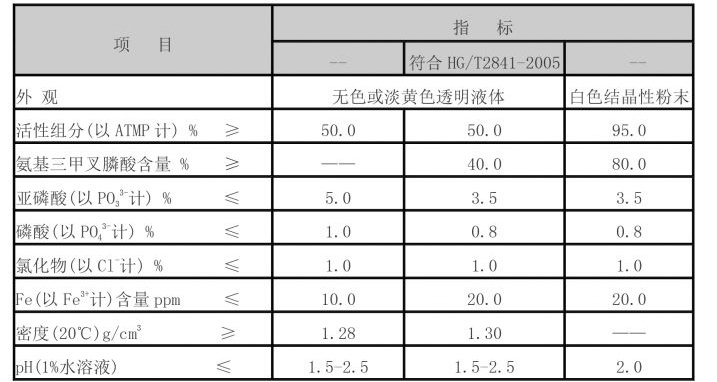Effective Strategies for Corrosion Scale Inhibition in Industrial Applications and Water Systems
Corrosion Scale Inhibitors Protecting Assets and Enhancing Efficiency
Corrosion presents one of the most significant challenges in various industries, causing substantial economic losses and safety hazards. The process of corrosion results from the deterioration of materials, typically metals, due to chemical reactions with their environment. Among the strategies to combat corrosion, the use of corrosion scale inhibitors has emerged as a vital approach, safeguarding assets and enhancing operational efficiency.
Corrosion scale inhibitors are chemical compounds that are introduced into a system to prevent or minimize the buildup of scale and corrosion deposits on metal surfaces. These inhibitors operate by forming a protective barrier that inhibits electrochemical reactions, which are responsible for the degradation of metals. Their application is particularly crucial in systems where water and heat are present, such as in cooling towers, boilers, and pipelines.
One of the primary mechanisms by which corrosion inhibitors function is through adsorption. They attach themselves to metal surfaces, creating a thin layer that reduces the metal’s exposure to corrosive agents, such as water, oxygen, and acids. This film serves as a physical barrier, greatly reducing the rate of corrosion. Different types of inhibitors are employed based on the specific environment and type of corrosion expected.
There are several categories of corrosion inhibitors, including anodic, cathodic, and film-forming inhibitors. Anodic inhibitors work by passivating the anodic areas of the corrosion cell, thus reducing corrosion rates. Cathodic inhibitors, on the other hand, impede reactions at the cathode, effectively slowing down the corrosion process. Film-forming inhibitors create a protective layer that shields the metal surface, preventing further contact with corrosive elements.
corrosion scale inhibitor

In many industrial applications, such as oil and gas extraction, water treatment, and chemical processing, the presence of scale can be as detrimental as corrosion itself. Scale formation can lead to reduced heat transfer efficiency, blockages, and ultimately equipment failure. Corrosion scale inhibitors are essential in mitigating these issues, ensuring that operational systems run smoothly and efficiently.
Moreover, the economic impact of using corrosion scale inhibitors cannot be overstated. By preventing corrosion-related failures, companies can avoid the costs associated with repairs, replacements, and unplanned downtimes. Additionally, enhanced equipment longevity leads to improved return on investment (ROI) and operational sustainability. Industries that prioritize effective corrosion management through the use of inhibitors often see significant savings over time.
The choice of corrosion scale inhibitor is influenced by various factors, including the specific type of metal being protected, the nature of the working environment, and regulatory considerations. It is crucial to select an appropriate inhibitor to ensure compatibility with existing systems and adherence to environmental regulations. Many modern inhibitors are designed to be environmentally friendly, reducing the ecological impact while maintaining high efficacy.
Furthermore, the implementation of corrosion scale inhibitors is not a one-time solution. It requires regular monitoring and assessment to ensure that the inhibitors remain effective under changing operational conditions. Advances in technology have facilitated the development of real-time monitoring systems, allowing for proactive management of corrosion and scale.
In conclusion, corrosion scale inhibitors play a critical role in protecting infrastructures across various industries. Their ability to mitigate the adverse effects of corrosion and scale translates directly into enhanced operational efficiency and cost savings. As industries continue to evolve, the development and application of innovative corrosion inhibitors will remain vital in promoting sustainability and ensuring the longevity of equipment and assets. By investing in effective corrosion management strategies, organizations can safeguard their operations and contribute to a more resilient industrial future.
-
Water Treatment with Flocculant Water TreatmentNewsJun.12,2025
-
Polymaleic AnhydrideNewsJun.12,2025
-
Polyaspartic AcidNewsJun.12,2025
-
Enhance Industrial Processes with IsothiazolinonesNewsJun.12,2025
-
Enhance Industrial Processes with PBTCA SolutionsNewsJun.12,2025
-
Dodecyldimethylbenzylammonium Chloride SolutionsNewsJun.12,2025





